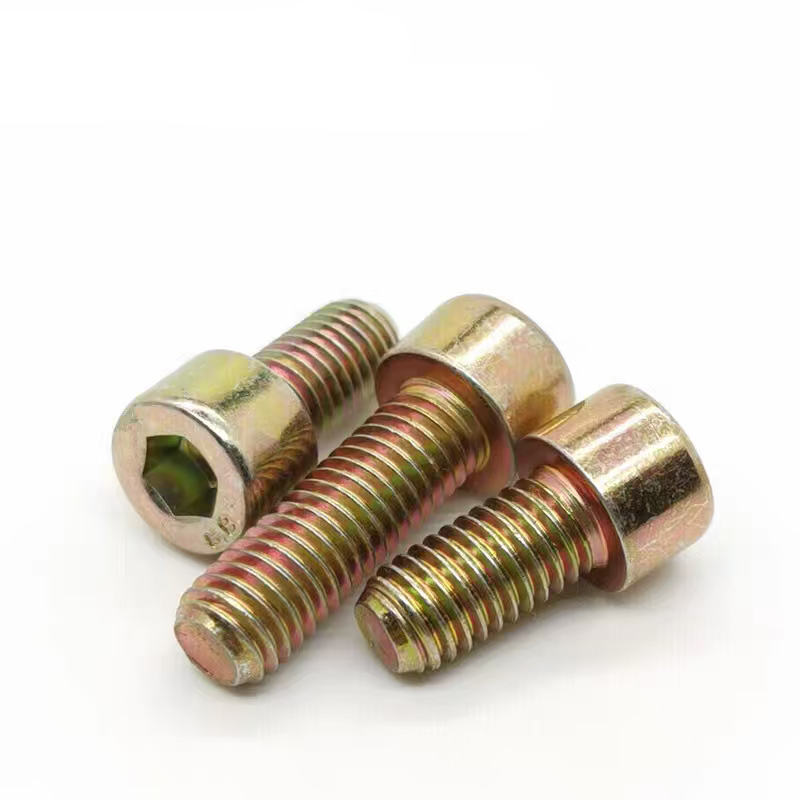- English
- Chinese
- French
- German
- Portuguese
- Spanish
- Russian
- Japanese
- Korean
- Arabic
- Irish
- Greek
- Turkish
- Italian
- Danish
- Romanian
- Indonesian
- Czech
- Afrikaans
- Swedish
- Polish
- Basque
- Catalan
- Esperanto
- Hindi
- Lao
- Albanian
- Amharic
- Armenian
- Azerbaijani
- Belarusian
- Bengali
- Bosnian
- Bulgarian
- Cebuano
- Chichewa
- Corsican
- Dutch
- Estonian
- Filipino
- Finnish
- Frisian
- Galician
- Georgian
- Gujarati
- Haitian
- Hausa
- Hawaiian
- Hebrew
- Hmong
- Hungarian
- Icelandic
- Igbo
- Javanese
- Kannada
- Kazakh
- Khmer
- Kurdish
- Kyrgyz
- Latin
- Latvian
- Lithuanian
- Luxembou..
- Macedonian
- Malagasy
- Malay
- Malayalam
- Maltese
- Maori
- Marathi
- Mongolian
- Burmese
- Nepali
- Norwegian
- Pashto
- Persian
- Punjabi
- Serbian
- Sesotho
- Sinhala
- Slovak
- Slovenian
- Somali
- Samoan
- Scots Gaelic
- Shona
- Sindhi
- Sundanese
- Swahili
- Tajik
- Tamil
- Telugu
- Thai
- Ukrainian
- Urdu
- Uzbek
- Vietnamese
- Welsh
- Xhosa
- Yiddish
- Yoruba
- Zulu
- Kinyarwanda
- Tatar
- Oriya
- Turkmen
- Uyghur

Kako gumena Permatex neoprenska brtva povećava održivost?
2025-09-01
Permatex neoprenske brtve možda nisu prva stvar koja vam pada na pamet kada govorimo o održivosti, ali njihova je uloga značajnija nego što se čini. Često zasjenjene širim inicijativama održivosti unutar industrije, ove brtve nude jedinstven doprinos smanjenju otpada i poboljšanju učinkovitosti. Postoji ravnoteža između performansi i utjecaja na okoliš koju ove komponente uspijevaju postići. Istražimo kako.
Uloga gumenih brtvila u industrijskoj održivosti
Industrijske postavke često daju prednost performansama i pouzdanosti. Kad sam tek počeo raditi s tvrtkama koje se bave strojarskim instalacijama, fokus je bio isključivo na obavljanju posla. Međutim, kako je održivost postala goruća briga, počeli smo procjenjivati kako svaka komponenta, uključujući neoprenske brtve, mogao bi se uskladiti s ovim ciljevima.
Ključ je u njihovoj trajnosti. Neoprenska guma može se pohvaliti otpornošću na ulje, kemikalije i vremenske uvjete, smanjujući učestalost zamjena. Ova trajnost izravno se prevodi u manje otpada. Što manje komponenti zamijenimo, to manje šaljemo na odlagališta. To je jednostavna jednadžba dugovječnosti koja se izjednačava s održivošću.
Nadalje, ove brtve doprinose energetskoj učinkovitosti. Ispravno zatvoreni sustavi sprječavaju curenje i osiguravaju rad sustava s optimalnom učinkovitošću. U industrijskoj postavci, zanemarena curenja mogu dovesti do značajnog gubitka energije i resursa, čime se povećava ugljični otisak.
Izazovi i zablude
Jedan od izazova s kojima se često susreće je početna percepcija da održivi proizvodi predstavljaju veće troškove. U početku su neki u industriji sumnjali u isplativost prelaska na trajnije materijale. Kad se promatra samo kroz prizmu početnih troškova, skepticizam se čini opravdanim.
Međutim, studije slučaja i implementacije u stvarnom životu pokazale su da trajnost takvih brtvi dovodi do nižih troškova održavanja tijekom vremena. U Handan Zitai Fastener Manufacturing Co., Ltd., ključnom dobavljaču u okrugu Yongnian, fokus na održive materijale je naglasio ovu točku. Proizvodi od neoprena pokazali su otpornost u teškim uvjetima, što je dovelo do promjene paradigme u načinu na koji mjerimo isplativost u našim projektima.
Druga zabluda je percipirana složenost integracije održivih materijala. Ipak, ove se brtve često mogu implementirati bez mijenjanja postojećih sustava, premošćujući jaz između tradicionalnih praksi i modernih potreba.
Utjecaj lokacije i logistike
Handan Zitai Fastener Manufacturing Co., Ltd. ima koristi od svoje strateške lokacije, potpomognute praktičnim prometnim vezama kao što su željeznica Peking-Guangzhou i nacionalna autocesta 107. Ovo pozicioniranje ključno je za održivost. Učinkovite logističke rute znače smanjene emisije tijekom prijevoza, faktor koji se ponekad zanemaruje u procjenama održivosti.
Dulje transportne rute često uključuju veću potrošnju goriva i veće emisije, suprotstavljajući se naporima za održivost drugdje. Smanjivanjem ovog logističkog otiska, partneri i dobavljači podjednako doprinose ukupnoj održivosti opskrbnog lanca.
Štoviše, lokalni izvori smanjuju ovisnost o dužim opskrbnim lancima, osiguravajući da brtve brzo stignu do odredišta i uz minimalan utjecaj na okoliš.
Budući izgledi i inovacije
Gledajući unaprijed, integracija održivih praksi u proizvodnji brtvi obećava. Inovacije su u tijeku kako bi se poboljšala mogućnost recikliranja proizvoda od neoprena. Svaki korak prema smanjenju vađenja resursa i poboljšanju oporabe materijala predstavlja potencijalne dobitke u održivosti.
U tijeku su i istraživanja alternativnih sirovina. Neke tvrtke eksperimentiraju s alternativama neoprenu na biološkoj osnovi, postavljajući izazov konvencionalnoj proizvodnji baziranoj na petrokemiji. Fokus je na osiguravanju da ove alternative isporučuju iste performanse uz smanjenje utjecaja na okoliš.
U konačnici, tvrtke poput Handan Zitai Fastener Manufacturing Co., Ltd. imaju potencijal predvoditi ove inovacije, s obzirom na njihov utvrđeni položaj u industriji i predanost modernizaciji svojih procesa.
Zaključak: Donošenje informiranih izbora
Zaključno, skromna neoprenska brtva možda neće privući naslovnice, ali njen doprinos održivosti je značajan. Od smanjenja otpada do povećanja energetske učinkovitosti, ove brtve pokazuju kako male komponente mogu imati velik utjecaj. Radeći s dobavljačima kao što je Handan Zitai Fastener Manufacturing Co., Ltd., koji su dobro pozicionirani zahvaljujući svojim proizvodima i logističkoj snazi, industrije mogu nastaviti poboljšavati svoje napore u pogledu održivosti na značajne načine.
Dok istražujemo te nijanse, postaje očito da su informirane odluke na svakoj razini opskrbnog lanca ključne. Održivost nije jedan golemi skok, već zbirka inkrementalnih, dobro informiranih koraka.













